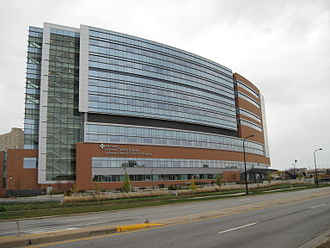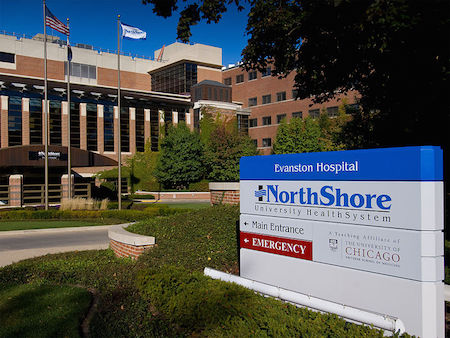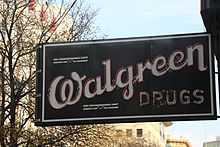
The Federal Trade Commission plans to block the combination of two large Illinois hospital groups, showing that the FTC and other agencies are increasingly concerned about the ability of very big health systems to dramatically raise prices through their domination of their markets.
Recent studies that have shown the ability and indeed enthusiasm of big hospital systems for raising prices much more than smaller systems or freestanding hospitals have added fuel to the regulatory fire.
The FTC said that the proposed merger of Advocate Health Care, Illinois’s state’s largest health system, and NorthShore University HealthSystem, could create a 16-hospital behemoth that would dominate the affluent North Shore area of Chicago.
Deborah L. Feinstein, director of the agency’s Bureau of Competition, asserted that the proposed merger would probably significantly increase the combined system’s bargaining power with health-insurance plans, “which in turn will harm consumers by bringing about higher prices and lower quality.”
The hospital groups say they plan to fight the government’s move, citing the effects of the Affordable Care Act in encouraging coordinating services and technology.
Besides the Illinois case, the FTC just in the past three weeks has moved halt the merger of two hospitals in West Virginia and joined with Pennsylvania authorities to try to stop an agreement between Penn State Hershey Medical Center and PinnacleHealth System.
The New York Times reported that James H. Skogsbergh, Advocate’s chief executive, defended the merger plan as “good for consumers and very pro-competitive.” asserting that because the hospitals’ market was dominated by a major insurer, — Blue Cross Blue Shield — the systems were “price takers, not price setters.”







